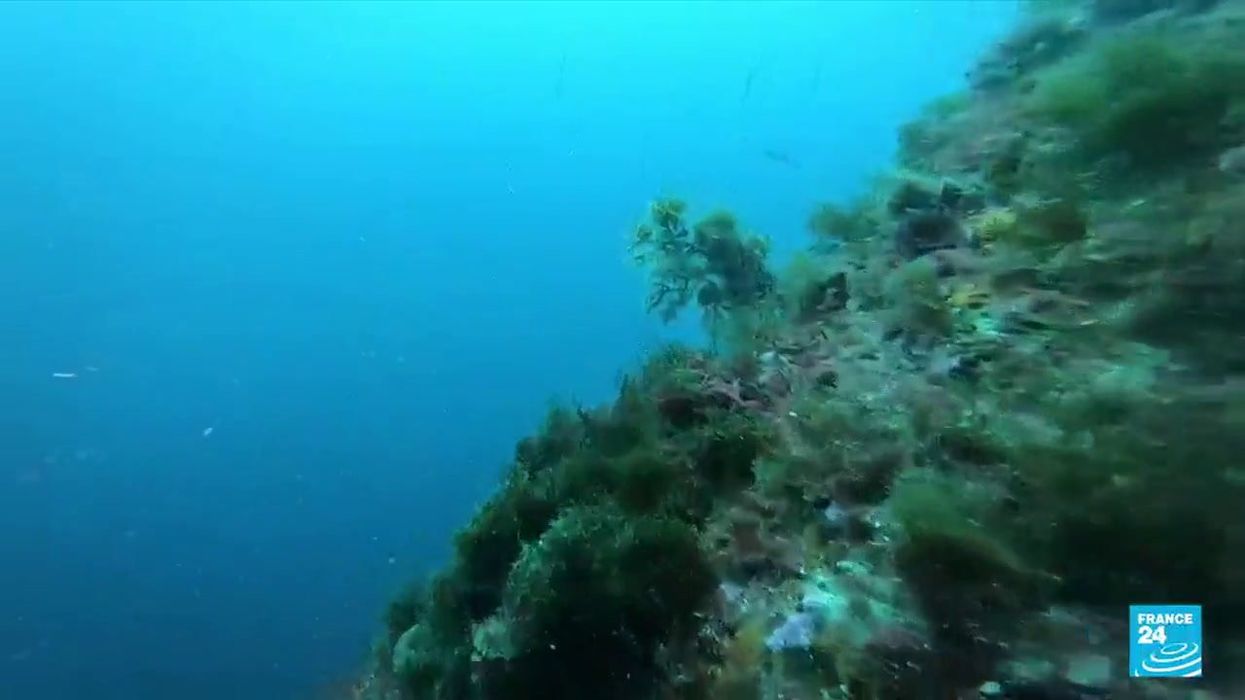Science & Tech
Harry Fletcher
Apr 25, 2023
'Big sponge': New CO2 tech taps oceans to tackle global warming
content.jwplatform.com
Scientists looking to uncover more about the history of our planet are turning their attention to a new discovery off the coast of Mexico.
The recently uncovered feature is the second deepest blue hole in the world, and it could unlock the secret history of the Earth and potentially offer insight into conditions in far flung corners of the galaxy.
The hole off the coast of the Yucatan Peninsula in Mexico, simply put, is absolutely massive. The underwater cave measures an incredible 147,000 square feet and is around 900 feet deep.
It’s the second largest ever discovered after the Dragon Hole in the South China Sea, which is more than 980 feet in depth and was first found back in 2016.
Sign up to our new free Indy100 weekly newsletter
These formations are the result of sea water eroding limestone. It’s thought that the enormous holes were formed during various ice ages, which resulted in coastal areas being flooded and eroded by sea water. As the sea rose, these caverns then filled up and have remained hidden ever since.
While the hole named Taam Ja, which translates as "deep water" in Mayan, was first discovered in 2021, the findings have only just been published in the Frontiers in Marine Science journal.
The research was conducted by scientists at El Colegio de la Frontera Sur, which is coordinated by Mexico's National Council of Science and Technology (Conacyt).
The holes are packed with life, which has adapted to the unusual low-oxygen and low-light conditions. It’s also the perfect environment for researching fossils, as they’re very well preserved, which could change our understanding of conditions on Earth thousands of years ago.
Samples from these extreme environments could prove invaluable in the study of life in the solar system, as their particular characteristics offer unique insight into life existing in the unlikeliest of conditions.
Have your say in our news democracy. Click the upvote icon at the top of the page to help raise this article through the indy100 rankings.
Top 100
The Conversation (0)














